Nội Dung Chính
(Page 119)
The second conditional
6.1 We use the second conditional to describe an imaginary situation or event and its result.
If I lived near the sea (imaginary situation), I would go to the beach a lot (result).
We use the past simple in the if clause and we use would + infinitive without to in the main clause. The short forms of would are 'd and wouldn’t.
If she had a car, she'd learn to drive.
If she learned to drive, she wouldn’t use her bike.
6.2 We can put the main clause first and the if clause second.
I'd buy you a present if I had enough money.
When the main clause is first, we usually do not put a comma between the clauses.
6.3 In the main clause, we can use could to mean would + can. Could is also the past simple of can, so we can use it in the if clause too.
If I won the lottery, I could stop work.
If I could remember his number, I'd call him.
Past perfect
6.4 We form the past perfect like this:
| Affirmative |
| I'd / you'd / he'd / she'd / it'd gone. |
| Full form |
| 'd = had |
| Negative |
| I / you / he / she / it / we / you / they hadn't gone. |
| Full form |
| hadn’t = had not |
| Questions |
| Had I / you / he / she / it / we / you / they gone? |
| Short answers |
| Yes, I had. / No, she hadn’t. |
The past participle of regular verbs is the same as the past simple.
finished danced studied chatted
Sometimes irregular verbs have the same past participle as the past simple form, sometimes they are different.
go – went – been / gone
buy – bought – bought
see – saw – seen
For a list of irregular verbs, see the Workbook.
6.5 We use the past perfect to talk about an event in the past which happened before another event in the past.

past they ran out of milk I arrived at the shop Now future
When I arrived at the shop, they had run out of milk.
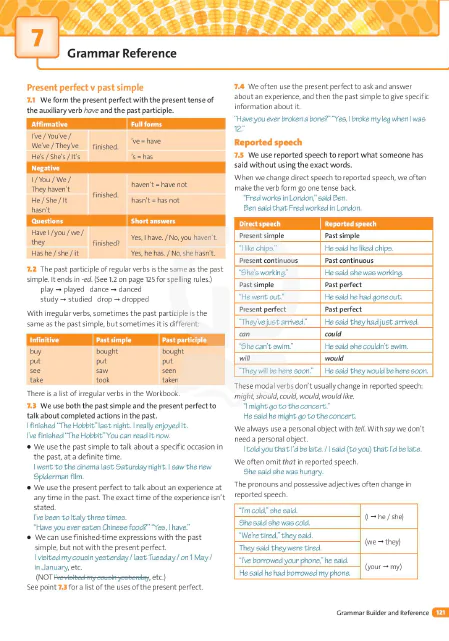
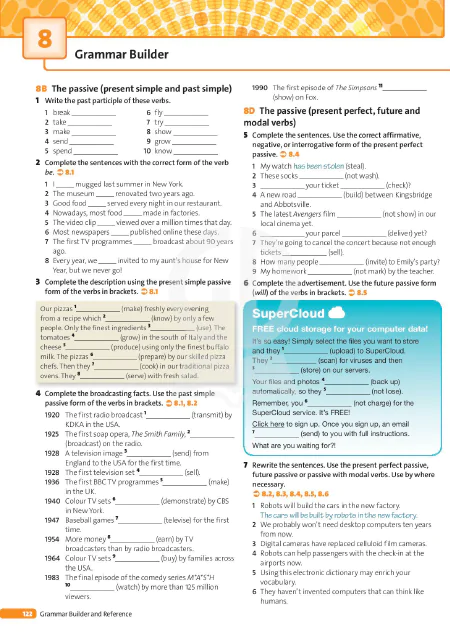
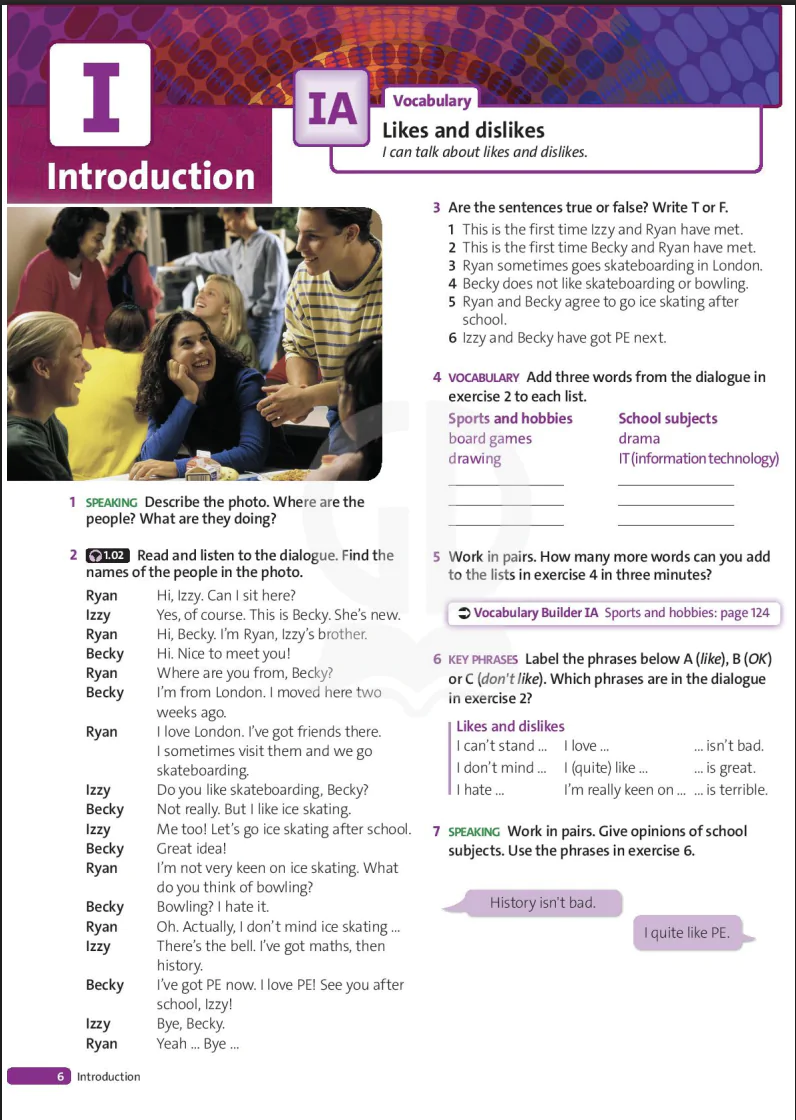
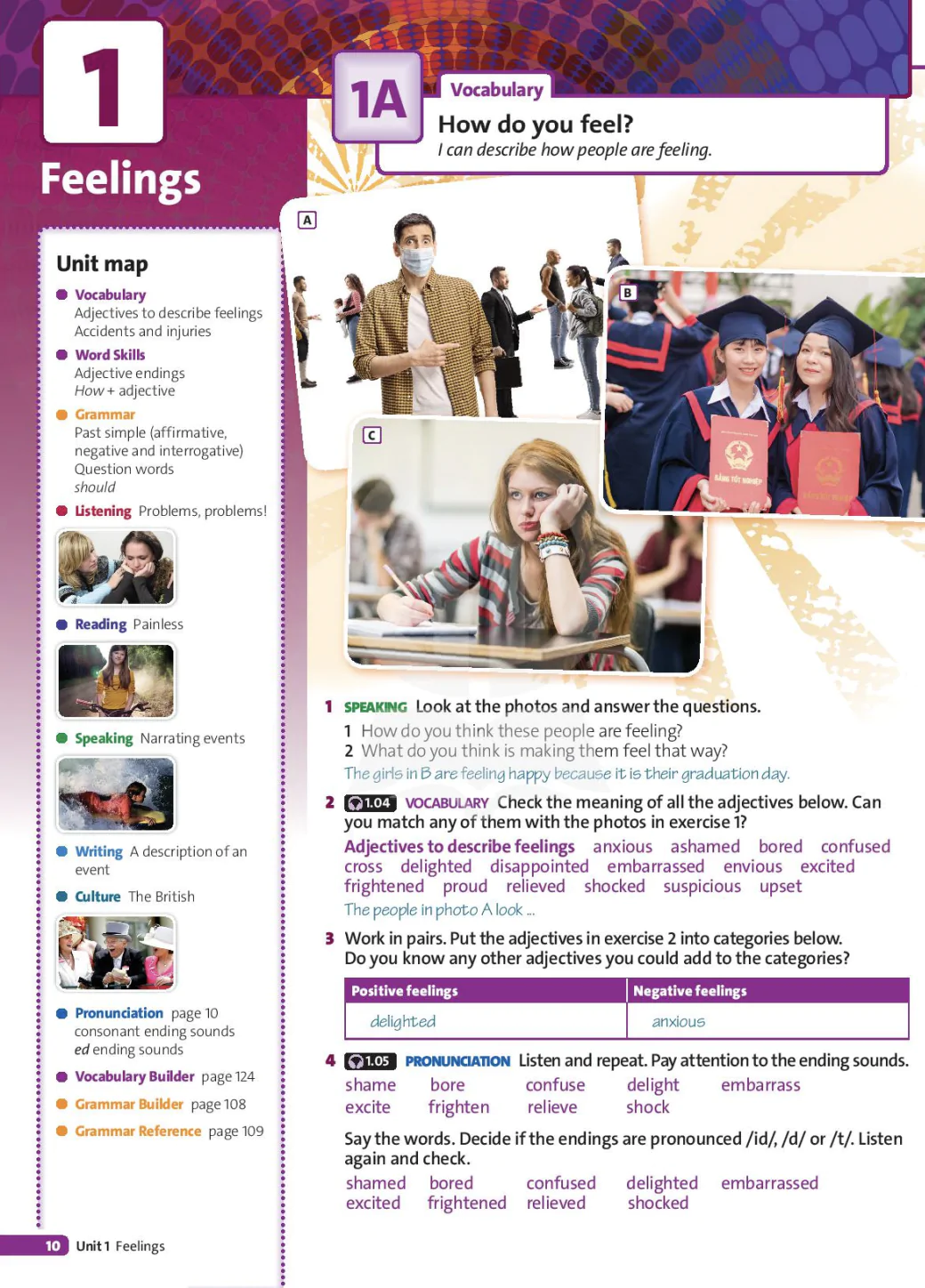
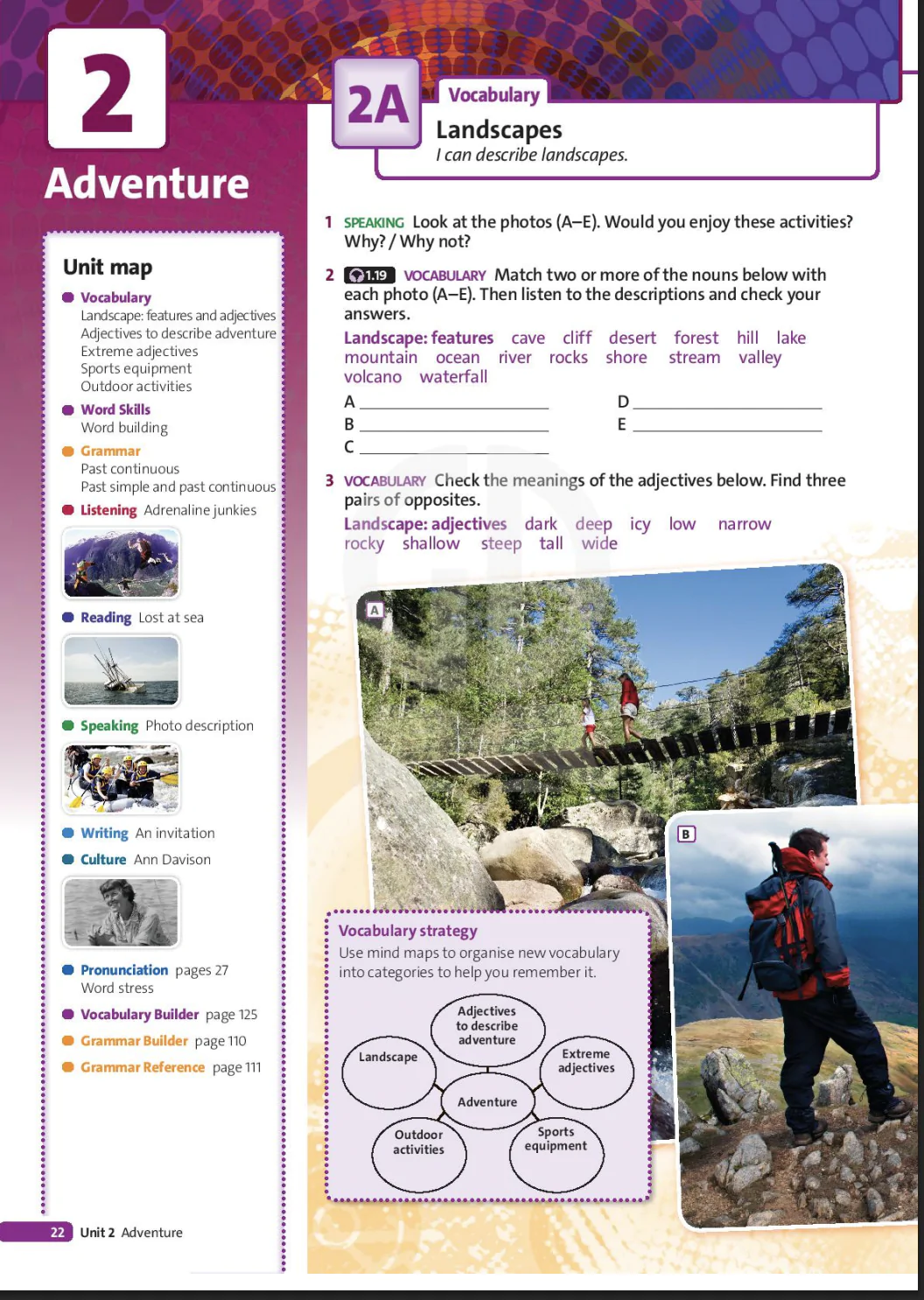
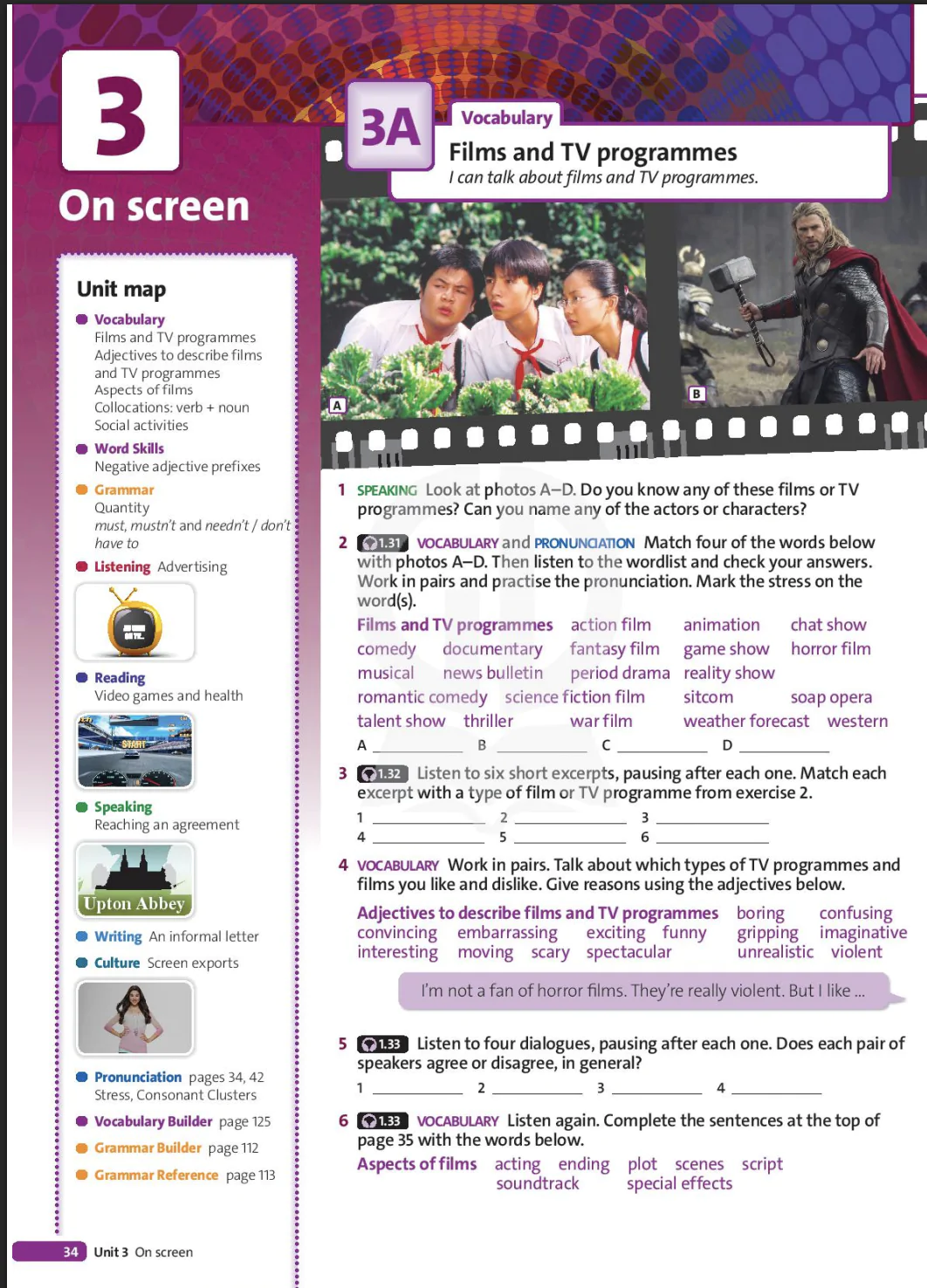
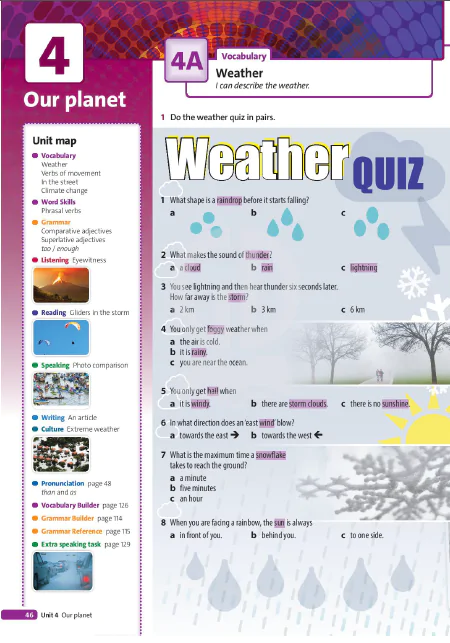
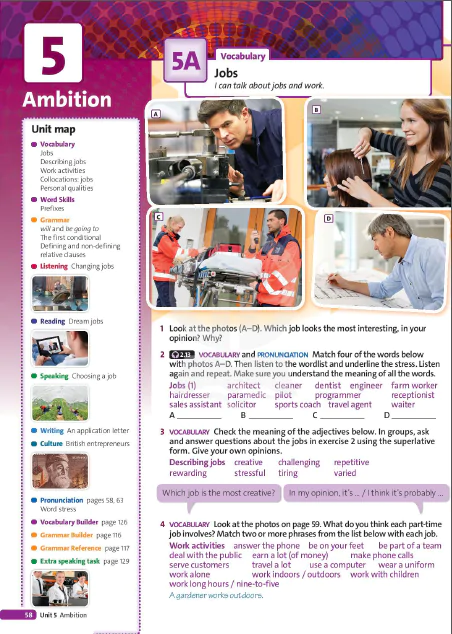
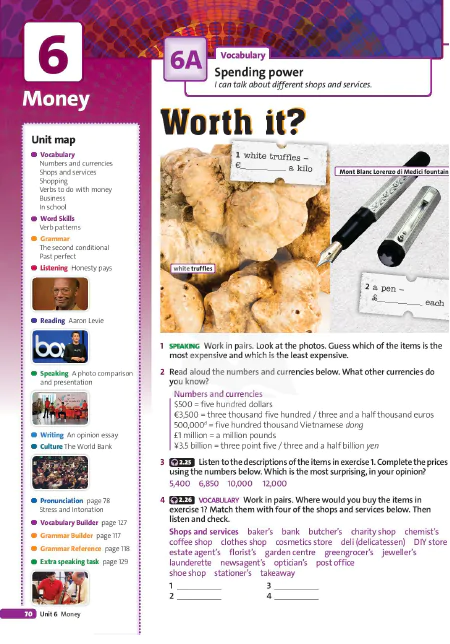
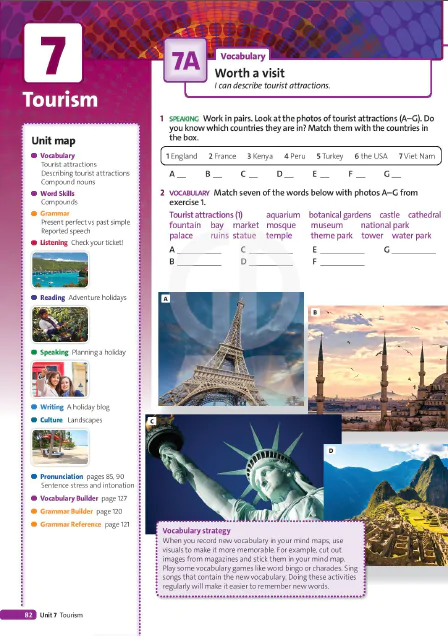
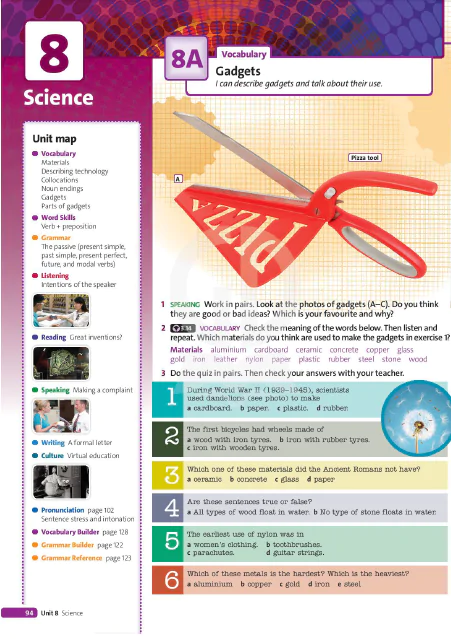

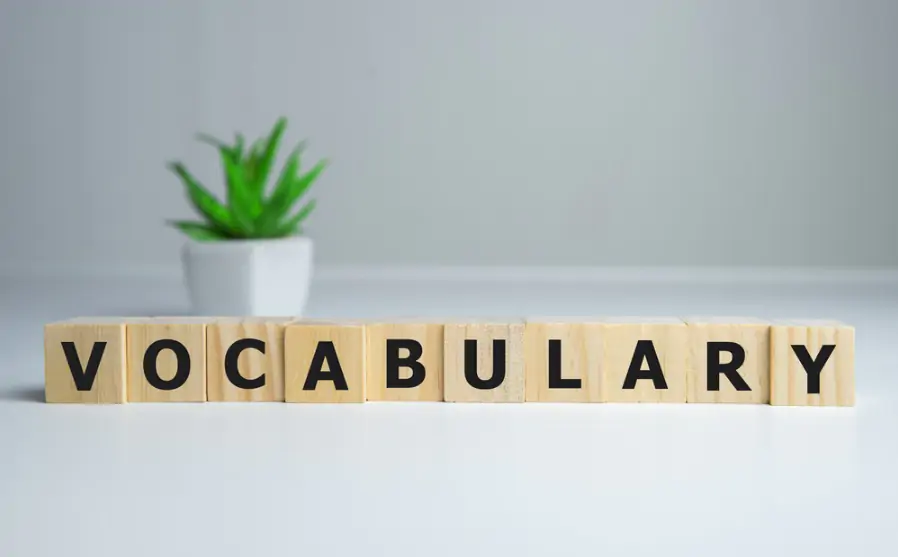
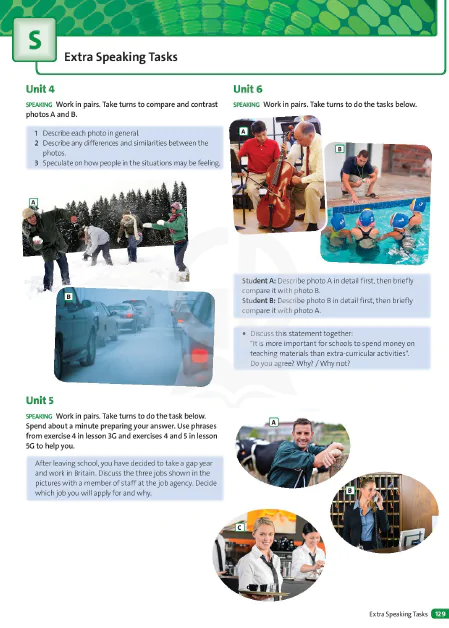
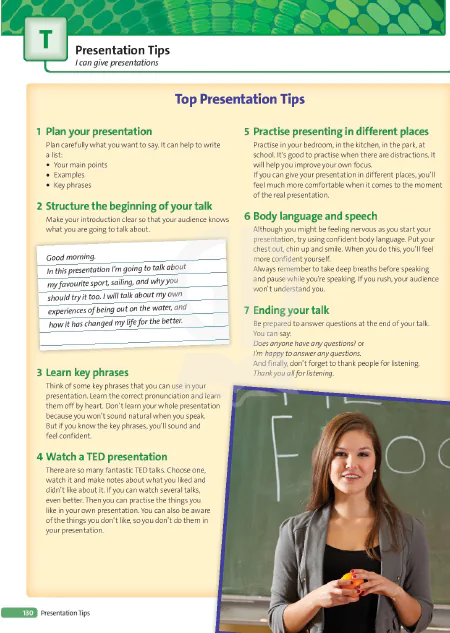
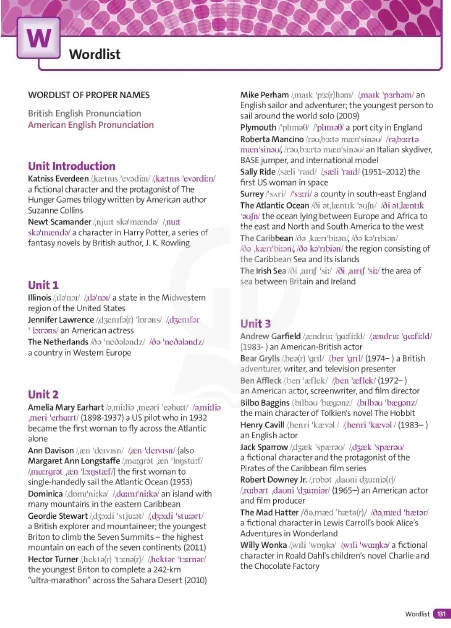

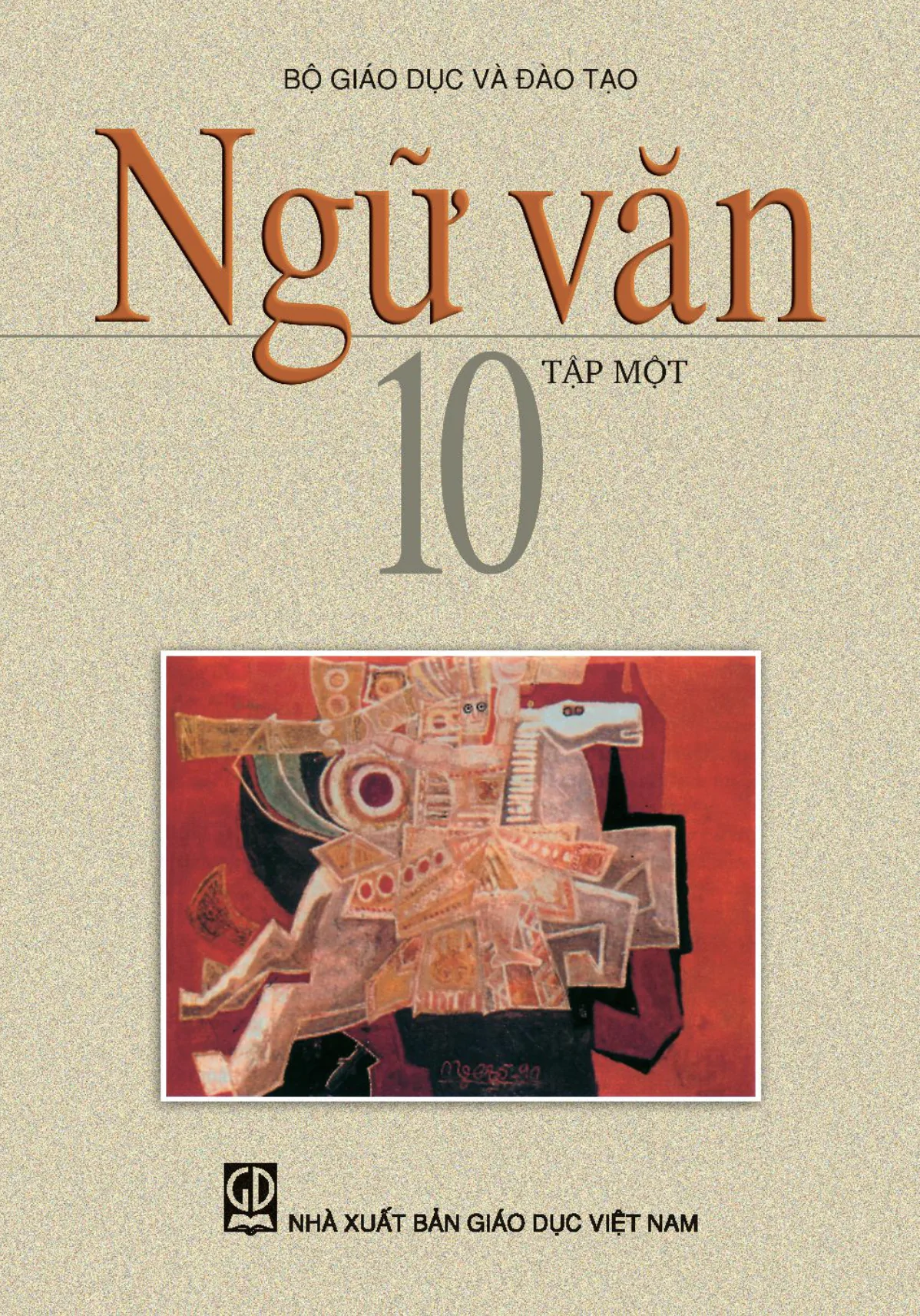
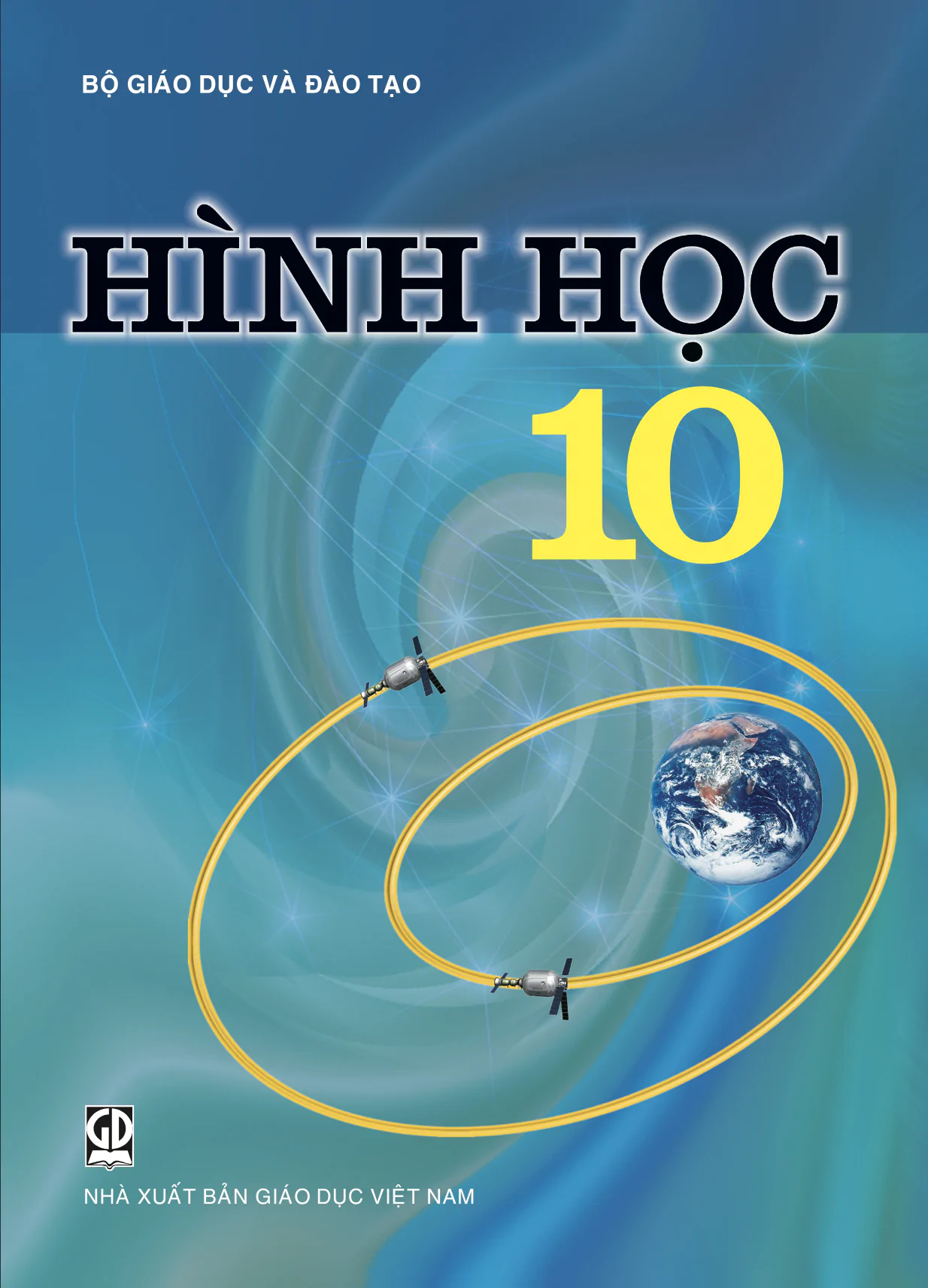
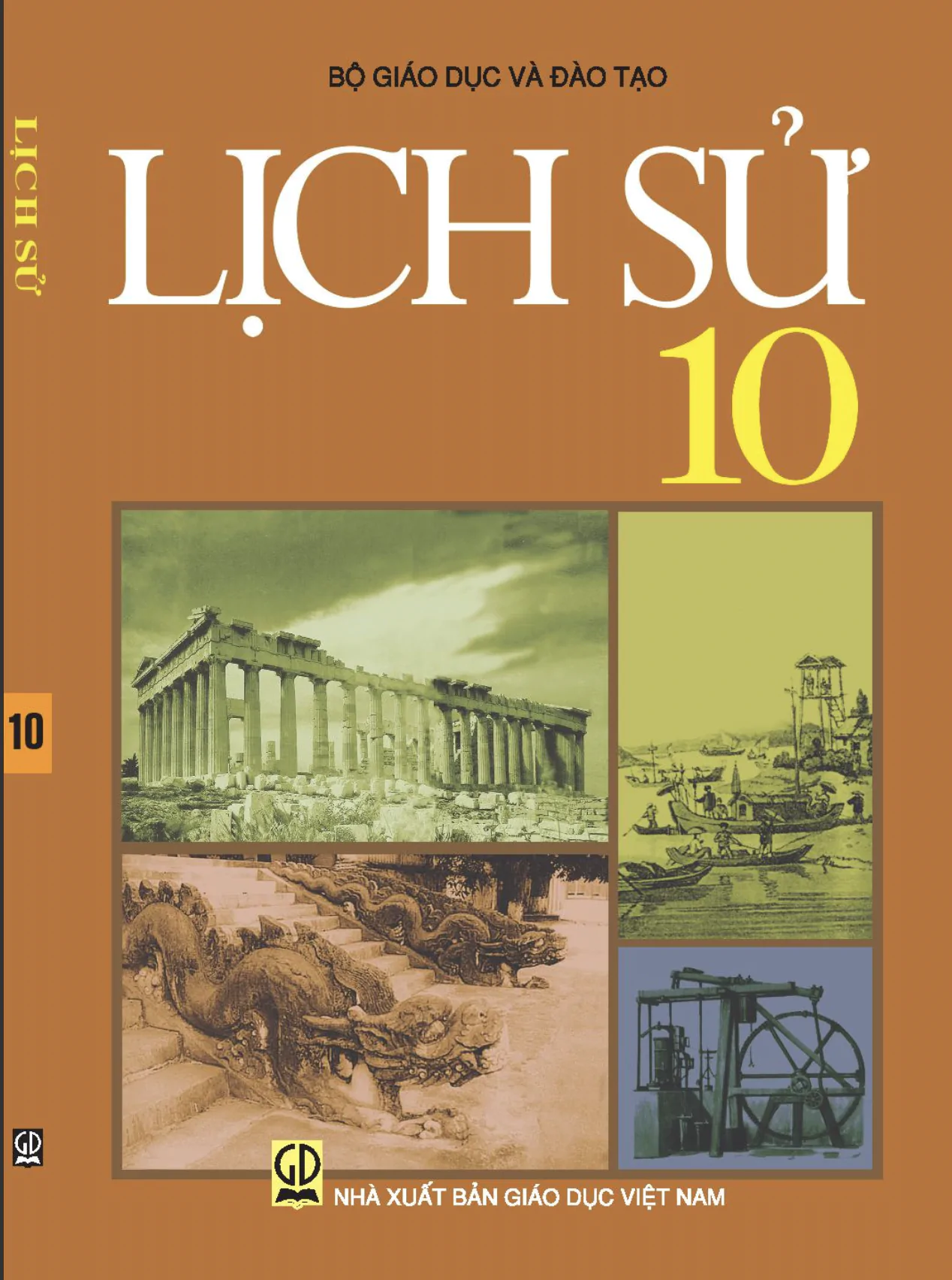
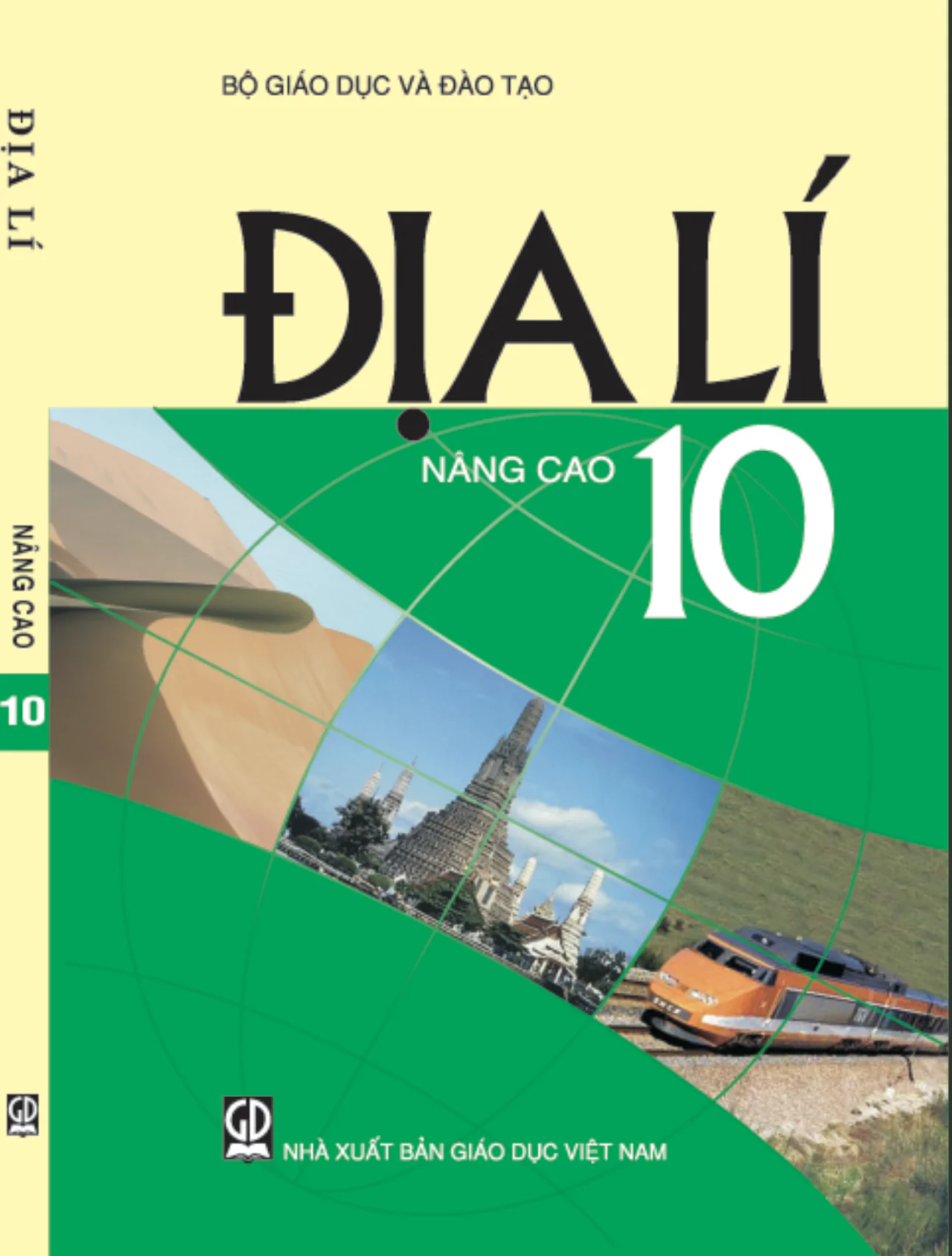
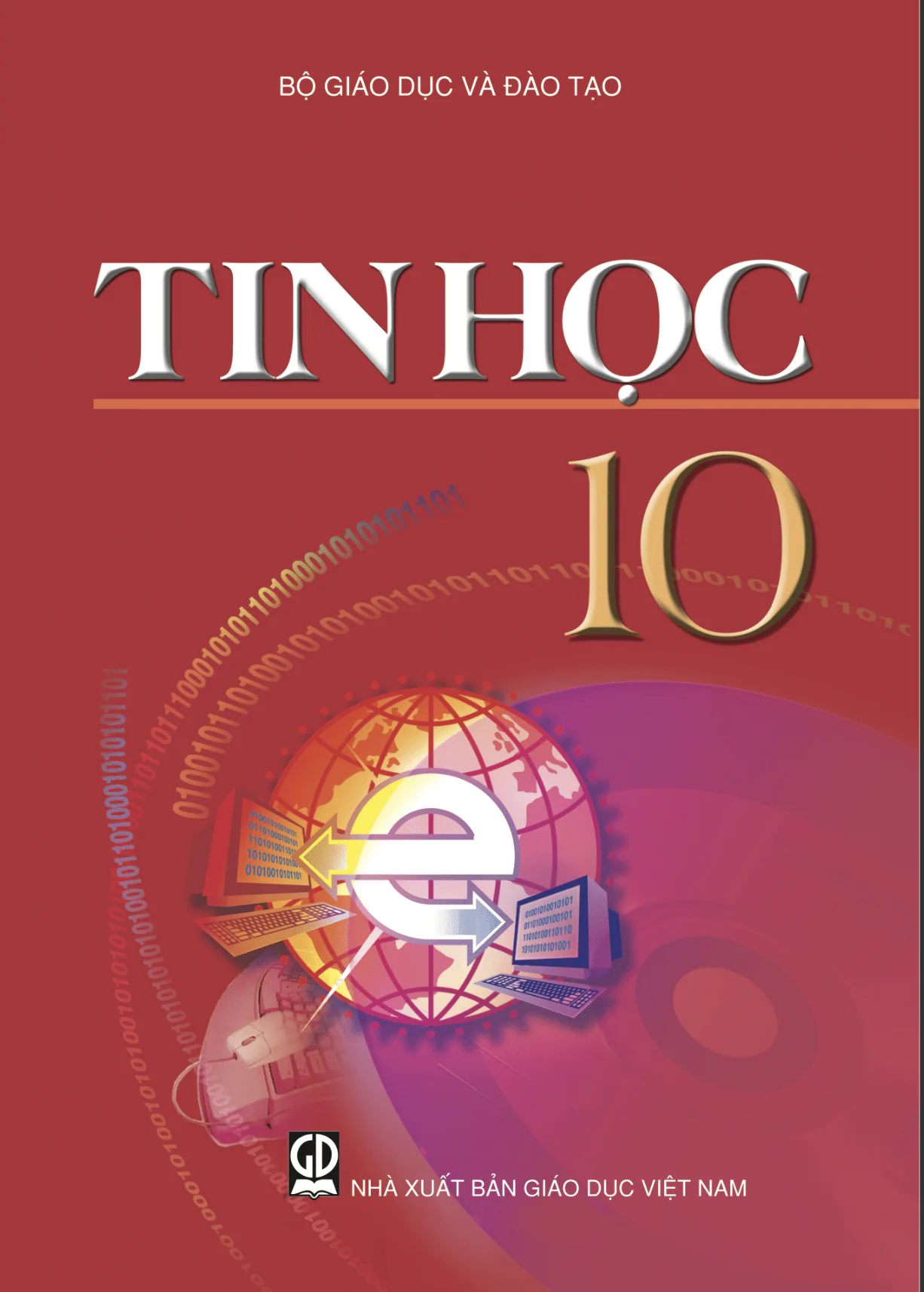
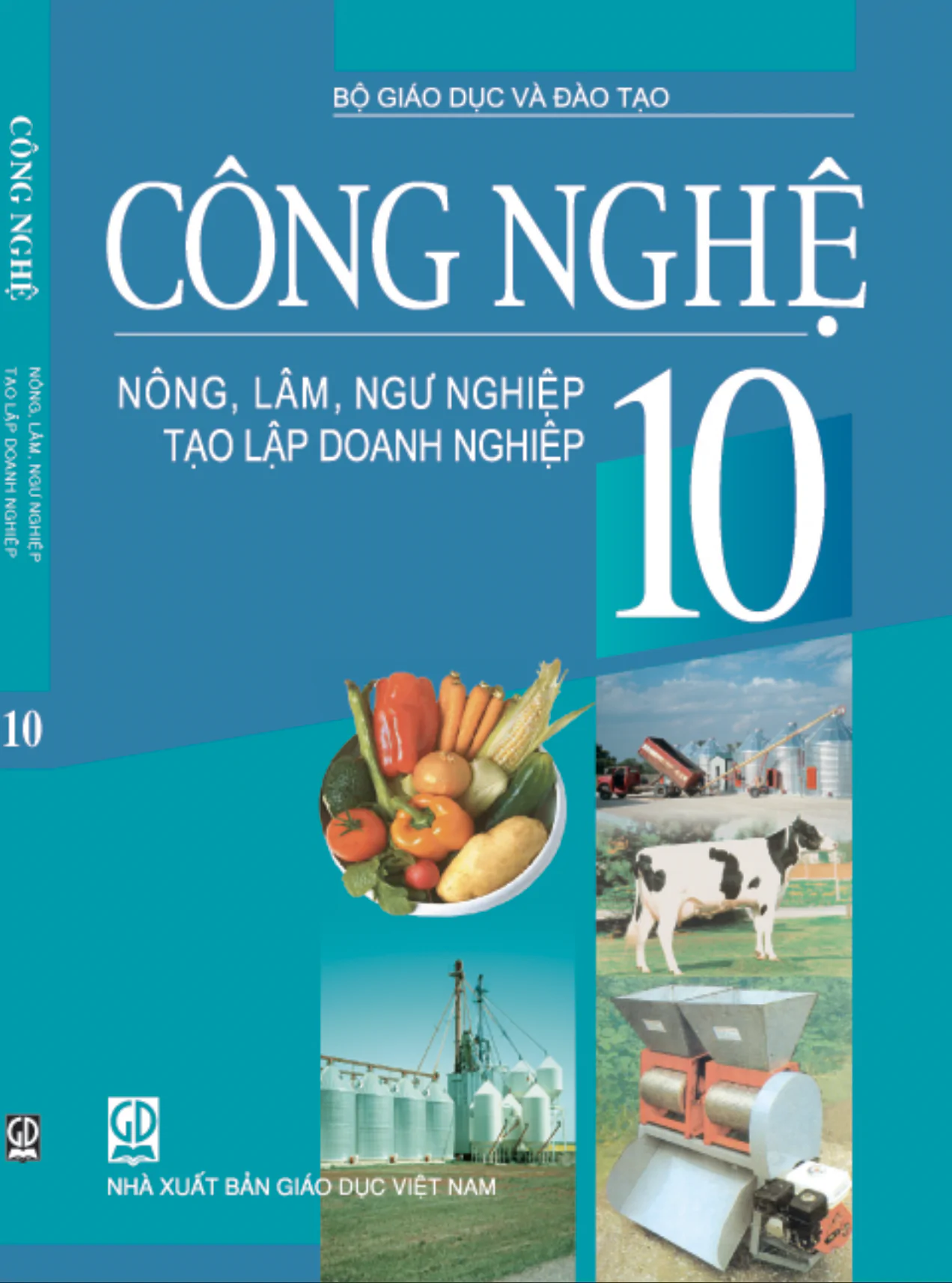
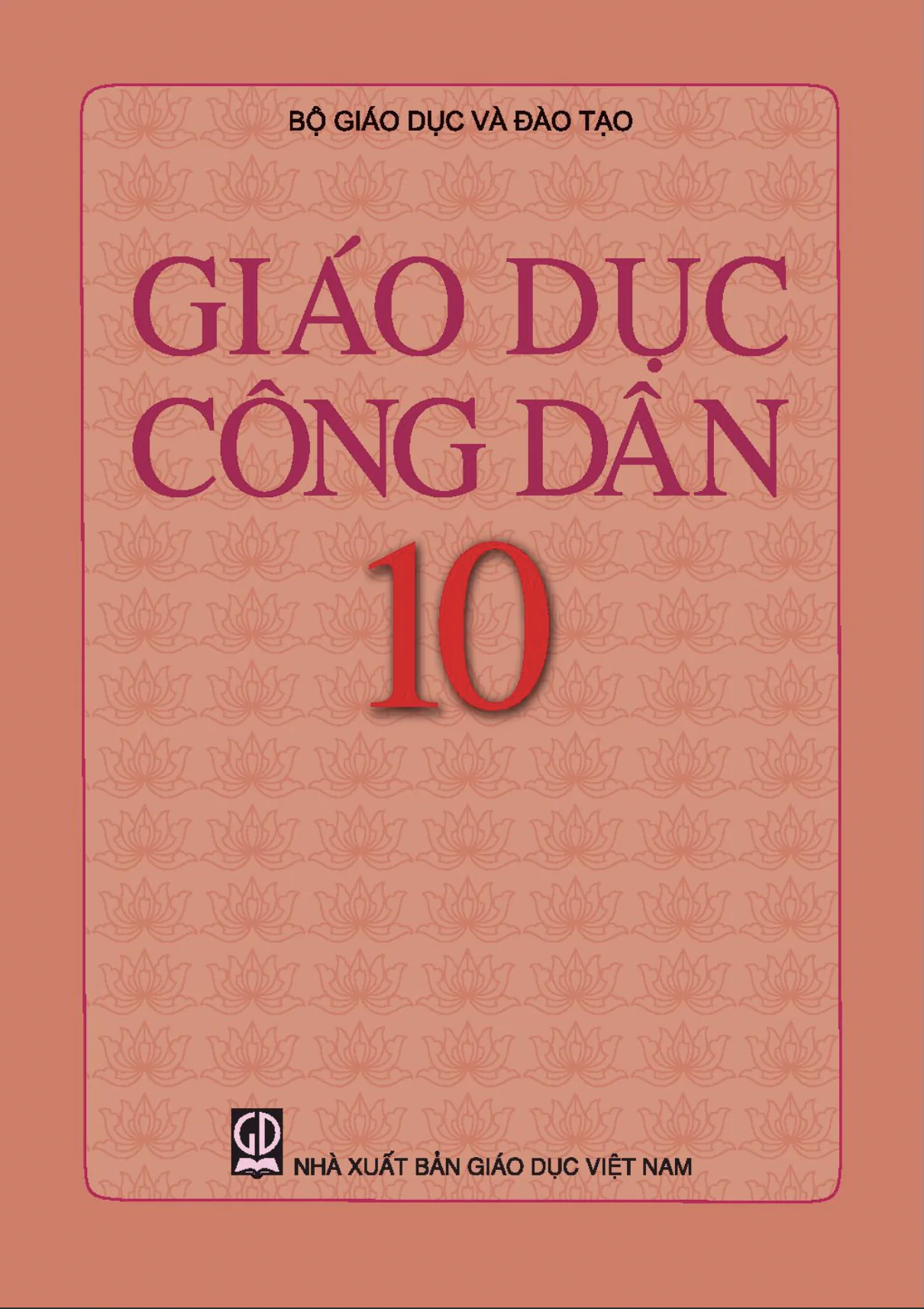
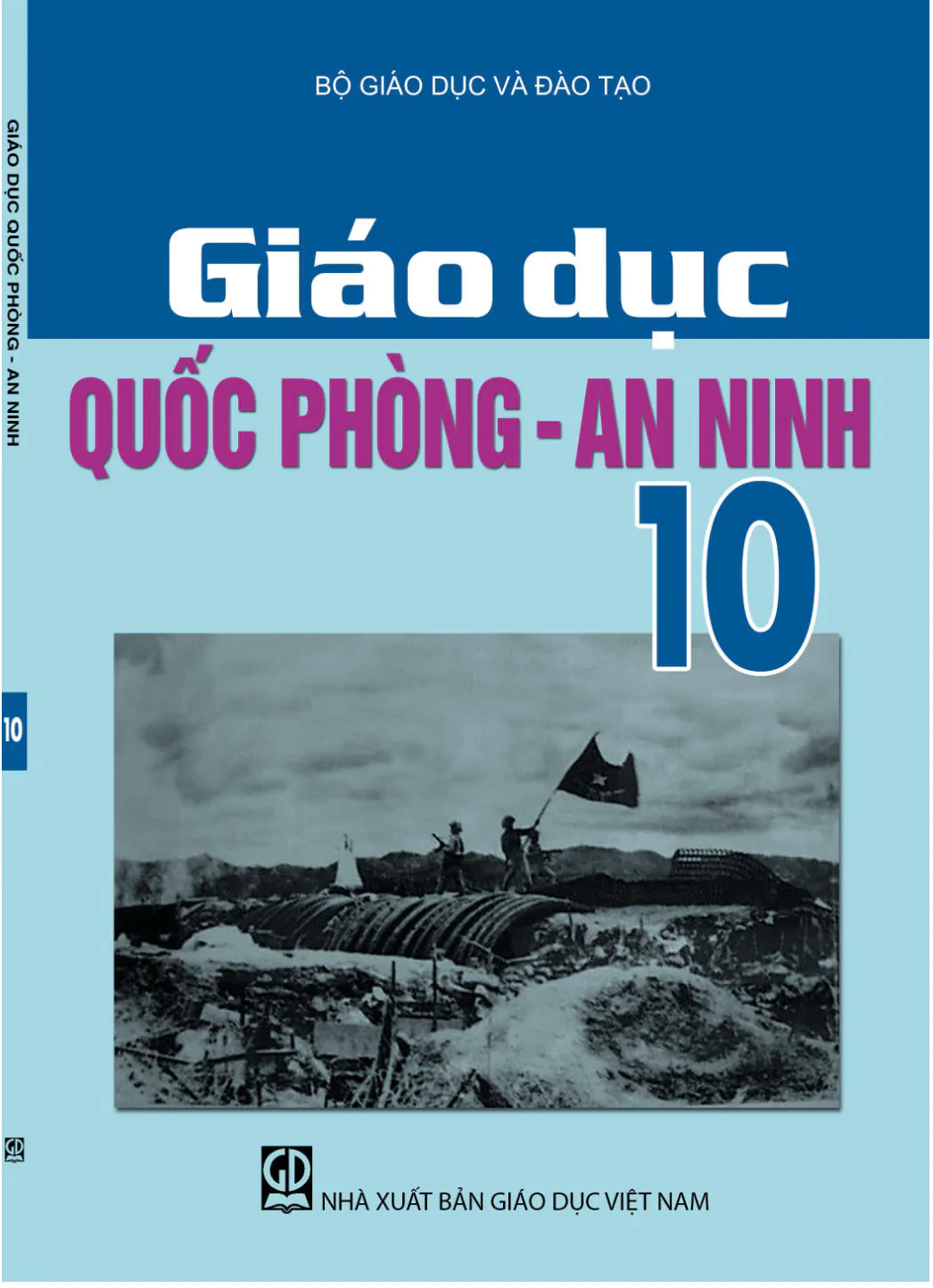

















Bình Luận
Để Lại Bình Luận Của Bạn